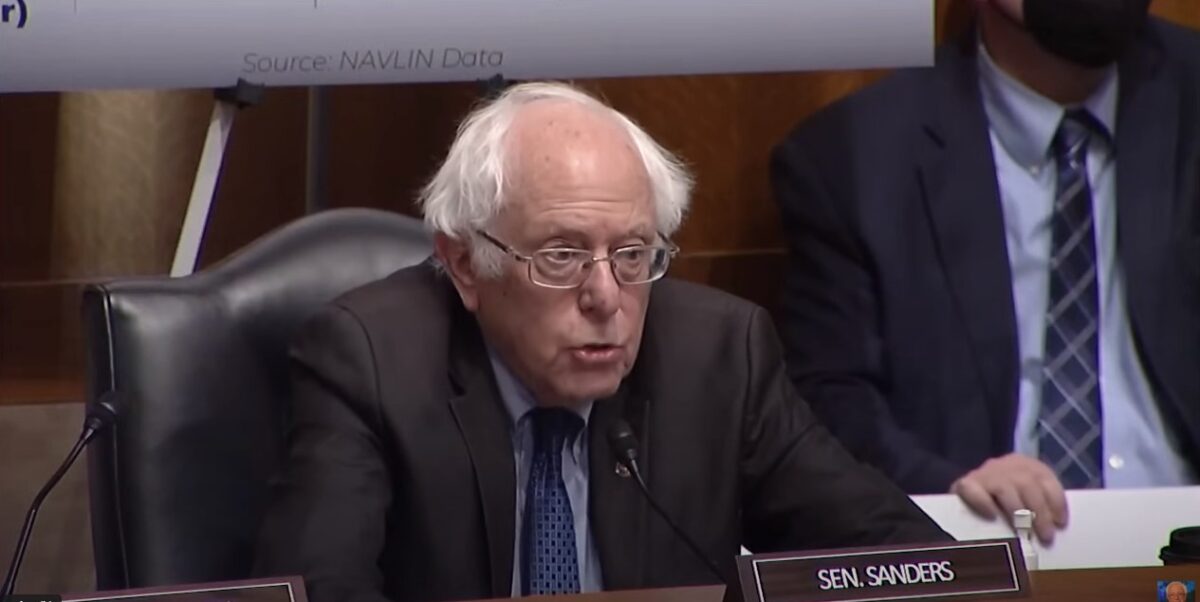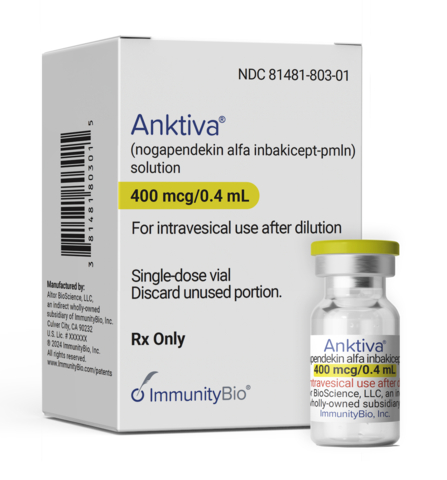The US Food and Drug Administration (FDA) has granted approval to Taiho Oncology, Inc. and Taiho Pharmaceutical Co., Ltd’s Lytgobi (futibatinib) tablets for the treatment of adult patients with previously treated, unresectable, locally advanced or metastatic intrahepatic cholangiocarcinoma (iCCA) with fibroblast growth factor receptor 2 (FGFR2) gene fusions or other rearrangements.
Cholangiocarcinoma is an aggressive cancer of the bile ducts. Approximately 8,000 individuals are diagnosed with the cancer every year in the US, which includes both the intrahepatic (inside the liver) and extrahepatic (outside the liver) forms of the disease.
About 20 percent of patients diagnosed with CCA have the intrahepatic form of the disease and among them, ten to 16 percent of patients have FGFR2 gene rearrangements, including fusions, which promote tumor proliferation.
Taiho Oncology, Inc. and Taiho Pharmaceutical Co., Ltd announced the approval in a press release.
Lytgobi was evaluated under the FDA’s Real Time Oncology Review (RTOR) pilot and was granted accelerated approval due to its impressive overall response rate and response duration, according to Taiho.
The drug previously received breakthrough, orphan drug and priority review designations from the FDA.
Related: AstraZeneca’s Enhertu Gets FDA Approved as First Therapy for HER2-Low Breast Cancer
Taiho also said that “the continued approval for this indication may be contingent upon verification and description of clinical benefit in a confirmatory trial(s).”
Lytgobi covalently binds to FGFR2 and inhibits signaling downstream of the receptor.
The drug joins a host of other bile duct cancer meds, including two fellow FGFR inhibitors — Incyte’s Pemazyre (pemigatinib) and BridgeBio and QED Therapeutics’ Truseltiq (infigratinib), both of which are recent entrants in the bile duct cancer space.
However, unlike Lytgobi, these FGFR inhibitors are reversible ATP-competitive inhibitors.
Pemazyre was the first FGFR2 inhibitor approved for the cancer in April 2020. Truseltiq nabbed an approval just over a year later — it also has clearance for previously treated, locally advanced or metastatic bile duct cancer with an FGFR2 fusion or rearrangement.
XTALKS WEBINAR: Decentralization in Action: What Oncology Trials Look Like Now
Live and On-Demand: Thursday, November 3, 2022, at 11am EDT (4pm CET/EU-Central)
Register for this free webinar to learn new ways to operationalize hybrid oncology trials and where the industry is headed with decentralized clinical trials and oncology.
Lytgobi Clinical Data
The FDA’s approval of Lytgobi was based on data from the Phase II FOENIX-CCA2 study, which included 103 bile duct cancer patients harboring FGFR2 gene rearrangements, including fusions. Patients in the study received 20 mg Lytgobi tablets taken orally once a day until disease progression or unacceptable toxicity.
The trial met its primary endpoint with an objective response rate of 42 percent and a median duration of response (DOR) of 9.7 months, with 72 percent of responses lasting at least six months.
The most common (≥20 percent) adverse reactions were nail toxicity, musculoskeletal pain, constipation, diarrhea, fatigue, dry mouth, alopecia, stomatitis, dry skin, arthralgia (joint stiffness), dysgeusia (altered taste), abdominal pain, dry eye, nausea, decreased appetite, urinary tract infection, palmar-plantar erythrodysesthesia syndrome (hand-foot syndrome) and vomiting.
Taiho has not disclosed what the list price of Lytgobi could look like, but it is likely to be priced similar to its competitors.












Join or login to leave a comment
JOIN LOGIN